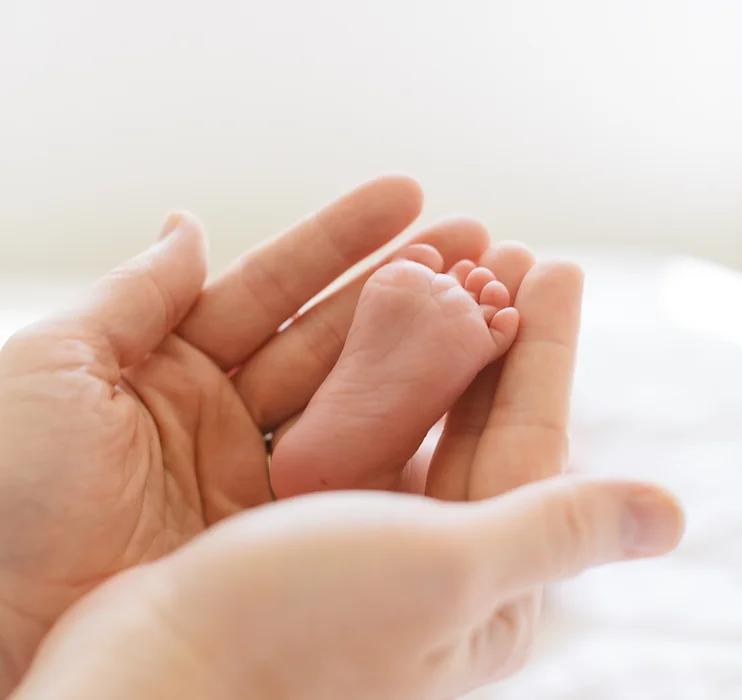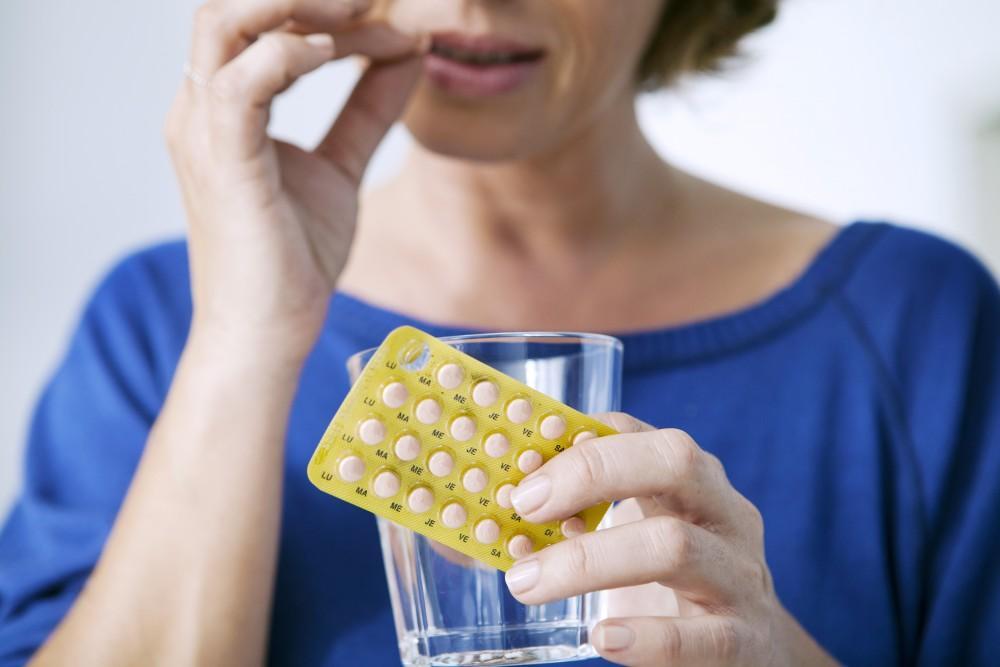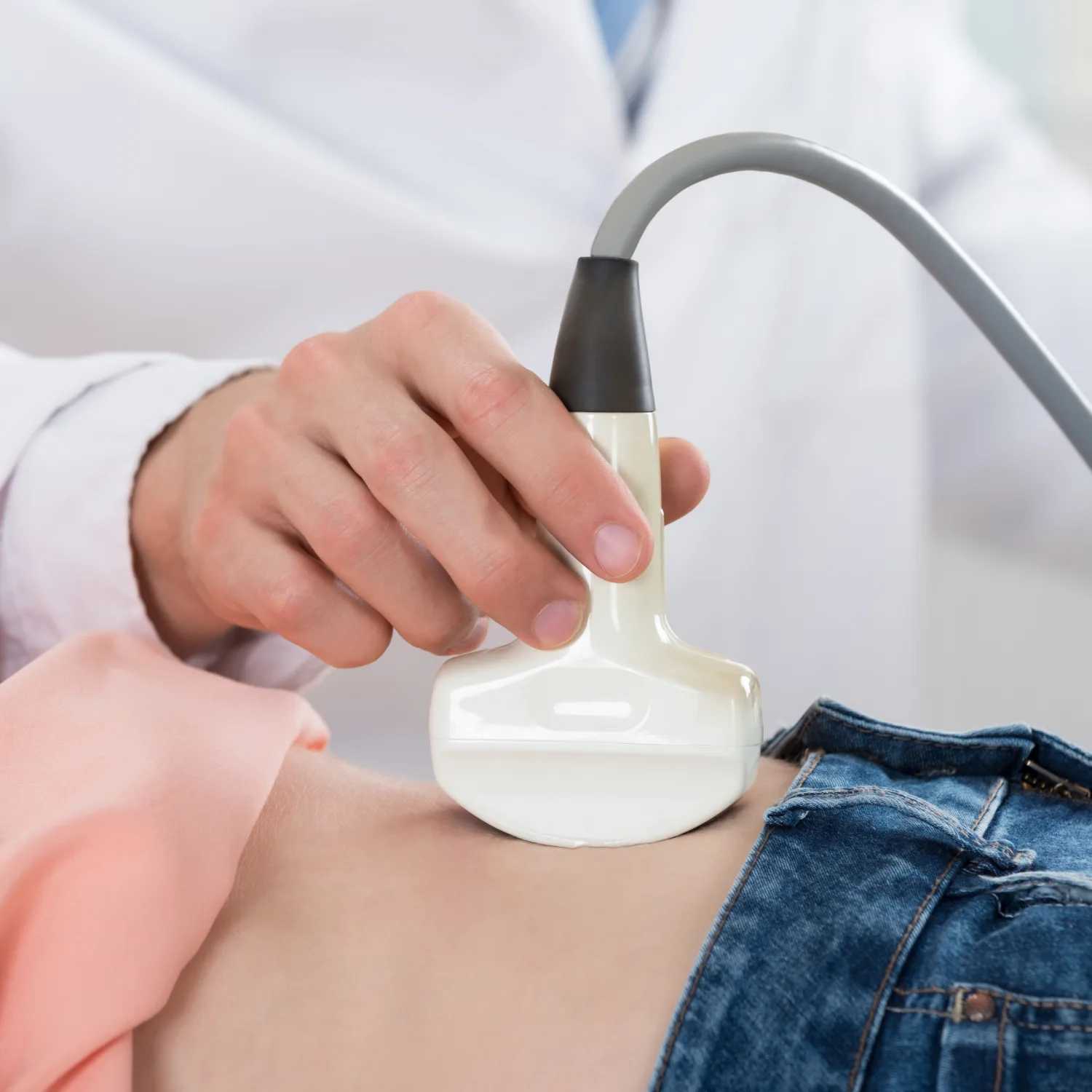Egg donation is a generous act that helps individuals and couples struggling with infertility achieve their dream of starting a family. However, if you’re considering becoming an egg donor and currently using birth control, you may wonder if the two are compatible. Birth control plays a significant role in regulating reproductive health, but it can also impact the egg donation process in various ways.
In this blog, we’ll explore whether being on birth control disqualifies you from donating eggs, how different contraceptive methods may affect your eligibility, and what steps to take if you’re interested in egg donation.
Understanding Egg Donation
Egg donation is a process where a woman donates her eggs to help individuals or couples conceive a child, often through in vitro fertilization (IVF). Donors, usually aged 21–35, undergo medical and psychological screening to ensure their health. Hormonal medications are used to stimulate egg production, and the eggs are retrieved through a minor surgical procedure.

The donated eggs are fertilized in a lab and implanted into the recipient’s uterus or stored for future use. While egg donation offers hope to many families, it involves potential side effects, ethical considerations, and legal agreements. Despite its complexities, egg donation provides a remarkable opportunity to create life and bring joy to those struggling with infertility.
Recommended: Top 6 Signs Of Poor Egg Quality You Should Know
Can you be on Birth Control and Donate Eggs?
Yes, you can be on birth control and still donate eggs. In fact, birth control is often incorporated into the egg donation process to help regulate the donor’s menstrual cycle and align it with the treatment schedule. Hormonal contraceptives, such as birth control pills, can make it easier for doctors to control the timing of ovarian stimulation and egg retrieval.
However, during the preparation for egg donation, donors may be asked to stop taking birth control temporarily. This allows fertility medications to stimulate the ovaries to produce multiple eggs. The type of birth control you are using and the timing of stopping it will depend on your specific situation and the clinic’s protocol.
In some cases, certain forms of long-acting birth control, like hormonal implants or intrauterine devices (IUDs), may need to be removed before beginning the egg donation process. Non-hormonal methods, like copper IUDs, typically do not interfere. Ultimately, being on birth control does not disqualify you from becoming an egg donor.
Risks of Donating eggs While on Birth control
Hormonal Imbalance
Temporarily stopping birth control can cause hormonal fluctuations, leading to irregular bleeding, mood swings, or mild discomfort as the body adjusts.
Recommended: 10 Best Vitamins For Hormonal Acne
Disruption of Natural Cycle
Shifting off hormonal birth control can briefly disrupt the body’s natural cycle, which may impact the effectiveness of ovarian stimulation for egg retrieval.

Procedural Risks from Long-Acting Contraceptives
If using long-acting birth control, like implants or hormonal IUDs, they may need to be removed before egg donation. This removal process carries minor procedural risks.
Ovarian Hyperstimulation Syndrome (OHSS)
Fertility medications used in egg donation may overstimulate the ovaries, leading to Ovarian Hyperstimulation Syndrome (OHSS), which, while not linked directly to birth control, remains a risk during the donation process.
Benefits of Donating Eggs While on Birth Control
Cycle Regulation
Birth control helps regulate the menstrual cycle, making it easier for doctors to time the egg retrieval process accurately.
Ovarian Suppression
Birth control can suppress the natural hormonal cycle, which allows fertility medications to work more effectively in stimulating the ovaries to produce multiple eggs.
Recommended: Does Ovulation Make You Emotional?
Easier Synchronization
Being on birth control allows better synchronization of the donor’s cycle with the recipient’s cycle, increasing the chances of a successful donation and pregnancy.
Reduced Risk of Ovarian Cysts
Birth control can help reduce the likelihood of ovarian cysts forming, which could complicate the egg donation process.
Improved Egg Quality and Quantity
By regulating the hormones, birth control can help create a stable environment for egg retrieval, potentially leading to a better response to ovarian stimulation, and ensuring that multiple eggs are available for donation.
Preparing for Egg Donation While on Birth Control
Preparing for egg donation while on birth control requires careful planning and coordination with healthcare professionals. However, certain adjustments may be needed before proceeding with egg retrieval to ensure optimal outcomes. Below are the steps involved in preparing for egg donation while on birth control:
Consultation with a Medical Professional
Before starting the egg donation process, a thorough consultation is necessary to assess the donor’s health and discuss their current use of birth control. The medical team will provide guidance on whether adjustments need to be made to the birth control method.
Recommended: Does Ovulation Make You Emotional?
Screening and Health Evaluation

Donors undergo medical and psychological screenings to ensure they are fit for egg donation. This includes blood tests, genetic testing, and assessments of overall health. Birth control use will be reviewed to determine any potential impacts on the donor’s fertility or response to fertility medications.
Transitioning Off Birth Control
If the donor is using hormonal birth control, the doctor may recommend stopping it for a brief period before starting the ovarian stimulation process. This allows the body to prepare for the fertility medications. Some donors may also need to switch to a different form of contraception for the duration of the process.
Ovarian Stimulation
Once birth control is adjusted or stopped, the donor will begin a regimen of fertility medications to stimulate the ovaries to produce multiple eggs. This phase is carefully monitored through blood tests and ultrasounds to track the development of the eggs.
Recommended: Can You Be a Surrogate With Your Tubes Removed?
Monitoring and Adjustments
Regular visits to the clinic are necessary to monitor the donor’s response to the fertility medications. The medical team will adjust dosages if needed to ensure optimal egg production and minimize any potential risks, such as ovarian hyperstimulation syndrome (OHSS).
Egg Retrieval
After the eggs are fully matured, they are retrieved in a minor surgical procedure. This process is done under sedation to ensure the donor’s comfort. The eggs are then fertilized and either implanted into the recipient’s uterus or stored for later use.
Conclusion
Egg donation is a significant and thoughtful process that requires careful consideration, medical guidance, and preparation. Whether or not a donor is on birth control, the process is designed to ensure safety, optimize egg quality, and provide a positive outcome for both the donor and the recipient. With proper monitoring and support from healthcare professionals, egg donation can be a rewarding experience, helping individuals and couples achieve their dreams of parenthood. Understanding the steps and potential adjustments, such as managing birth control, is essential for a smooth and successful donation process.
